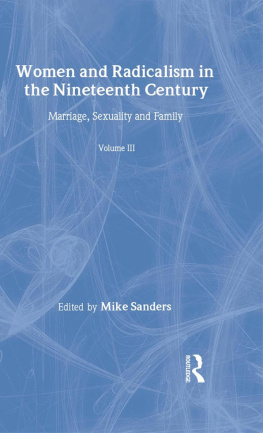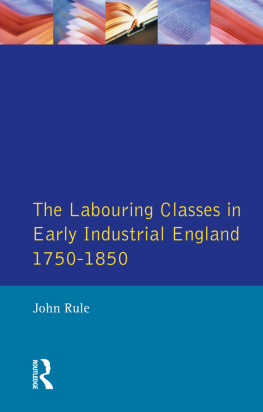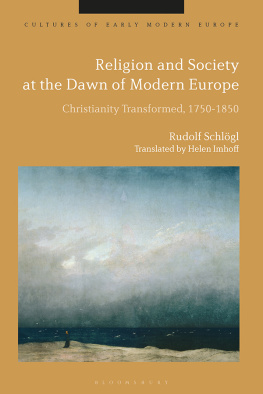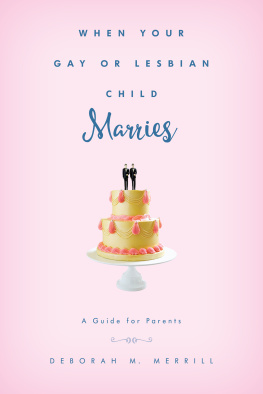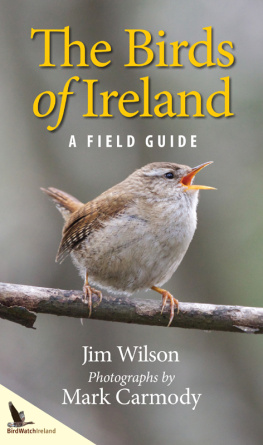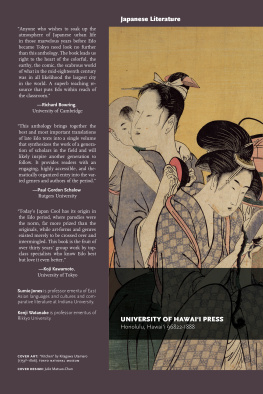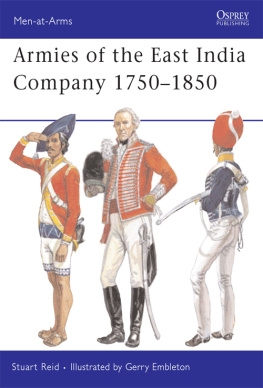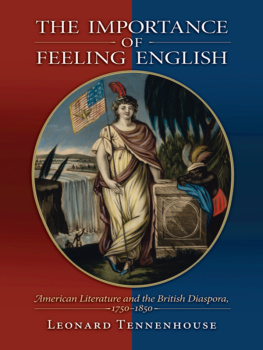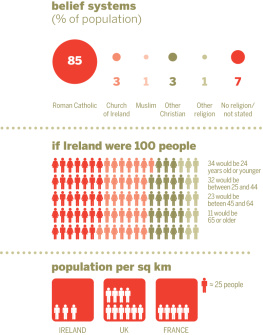Women, marriage and property in wealthy landed families in Ireland, 17501850
Women, marriage and property in wealthy landed families in Ireland, 17501850
DEBORAH WILSON
Copyright Deborah Wilson 2008
The right of Deborah Wilson to be identified as the author of this work has been asserted by her in accordance with the Copyright, Designs and Patents Act 1988.
Published by Manchester University Press
Oxford Road, Manchester M13 9NR, UK
and Room 400, 175 Fifth Avenue, New York, NY 10010, USA
www.manchesteruniversitypress.co.uk
Distributed in the United States exclusively by
Palgrave Macmillan, 175 Fifth Avenue, New York,
NY 10010, USA
Distributed in Canada exclusively by
UBC Press, University of British Columbia, 2029 West Mall,
Vancouver, BC, Canada V6T 1Z2
British Library Cataloguing-in-Publication Data
A catalogue record for this book is available from the British Library
Library of Congress Cataloging-in-Publication Data applied for
ISBN 978-0-7190-7798-2
First published 2008
17 16 15 14 13 12 11 10 09 08 10 9 8 7 6 5 4 3 2 1
Typeset in Sabon
by Servis Filmsetting Ltd, Stockport, Cheshire
Printed in Great Britain
by Cromwell Press Ltd, Trowbridge
Contents
Acknowledgements
This book is based on a Ph.D. thesis completed at Queens University Belfast. I owe a great deal of thanks to my supervisor, Professor Mary ODowd, for her continuous guidance, encouragement and patience throughout the long research process. I would also like to thank the staff of the following libraries and archives: the Public Record Office of Northern Ireland, the National Library of Ireland, the National Archives of Ireland, the Public Record Office, London, and Queens University Library.
I have benefited enormously from the generous comments and valuable feedback of many people. In particular, I wish to acknowledge the following: Dr Heloise Brown, Catriona Crowe, Professor David Dickson, Dr Anthony Malcomson and the staff and students from History seminar groups at Queens University Belfast and Trinity College Dublin. The late Professor Peter Jupp gave me great encouragement and advice on turning my thesis into this book, for which I will always be grateful.
I wish to express my gratitude to my parents, Linda and Robert Wilson, and my sister, Christine Scott, for their love and faith that I would actually finish my research. Thanks also to my friends, Julie Magill and Heloise Brown, for their constant support, wit and inspiring discussions. The completion of this book coincided with the birth of my wonderful son Joseph, a new home and a new job. Therefore my biggest debt is to my partner, Kieran Sherlock. I am eternally grateful to him for his good humour, help and endurance as I juggled the pleasures and challenges of home and work life while wrestling with an unfinished manuscript.
Tables
Abbreviations
NAI | National Archives of Ireland, Dublin |
NLI | National Library of Ireland, Dublin |
PRO | Public Record Office, (National Archives), London |
PRONI | Public Record Office of Northern Ireland, Belfast |
Glossary of legal terminology
Chattels: Items of property other than land.
Chattels real: Leasehold property.
Common law: Body of English law derived from custom and judicial precedent.
Criminal conversation: Often abbreviated to Crim. Con., this was a civil suit against the lover of an adulterous wife, and was an essential prelude to a private divorce bill.
Separation from bed and board: Divorce a mensa et thoro, literally divorce from bed and board. A legal separation granted by church courts on the grounds of adultery and/or cruelty.
Dower: A widows common law entitlement to a life interest in one-third of her deceased husbands landed property.
Entail: Method of settling property over several generations by deed to ensure it passed intact to future heirs.
Equity: A branch of English law that developed to counter perceived imbalances in common law.
Fee simple: Tenure of land not subject to entail.
Fee tail (or fee entail): Tenure of land which is entailed.
Feme covert: Literally a woman covered. A married women whose legal identity was absorbed, or covered, by that of her husband.
Feme sole: Literally a woman alone. A woman without a husband who therefore retained her own legal identity.
Heir/heiress: A person legally entitled to ownership of a property upon the death of another.
Jointure: A twice-yearly, or quarterly, payment arranged for a woman at the time of her marriage, to take effect upon the death of her husband. This was a life interest and was either charged upon the husbands estate or paid from investments.
Marriage settlement: Private deed drawn up by solicitors at the time of marriage to arrange provision for the wife and children of the marriage.
Pin money: An amount of money arranged for the personal use of a woman during her marriage. This was a life interest and was not payable in arrears.
Separate estate: Either land or investments held in trust for a married woman, for her own use during marriage, not subject to the control of her husband.
Statute law: Legal rules and principles established by statute.
Strict settlement: Type of marriage settlement that arranged the transmission of land to future generations and arranged provision for the wife and children of a marriage.
Trustee: A person holding property on behalf of another as specified in a deed of settlement.
Introduction
Aims and sources
As Marylynn Salmon has noted, womens ownership and management of property is an important baseline for learning how men and women share power in the family. Furthermore, by 2008 there has not been any comparative work on the lives of well-known women from landed families, or a consideration of how womens experience of property and family in this section of society may have differed. This book seeks to contribute to existing historiography by looking beyond the dynastic and economic concerns that dominate the current history of the Irish elite.
This book explores the legal, familial and social factors that influenced women in Ireland in their experience of property in the period 17501850. The evidence is drawn from the personal and legal documents of twenty landed families, an approach which facilitated legitimate comparisons and made possible the use of a wider range of sources than a study that focused exclusively on landed records. Each family received an annual rental of at least 10,000 at some stage in this period. To place this figure in perspective, the equivalent purchasing power of 10,000 in 1850 was 720,000 in 1998.were more likely to have shared financial backgrounds, rather than including the wider landed class, which contained greater variations in wealth and lifestyle. The wealthy landed class were more likely to have shared financial backgrounds and to have used similar methods to provide for family members. It was also necessary to choose a date range that would make possible a survey of the practices employed by this class in making provision for women. The date range 17501850 was selected as, by the beginning of this period, methods of settling estates and of arranging pin money and jointure for women were in place in the wealthy landed class; after 1850, the impact of the Great Famine on landed estates changed the economic context within which landed families existed.




